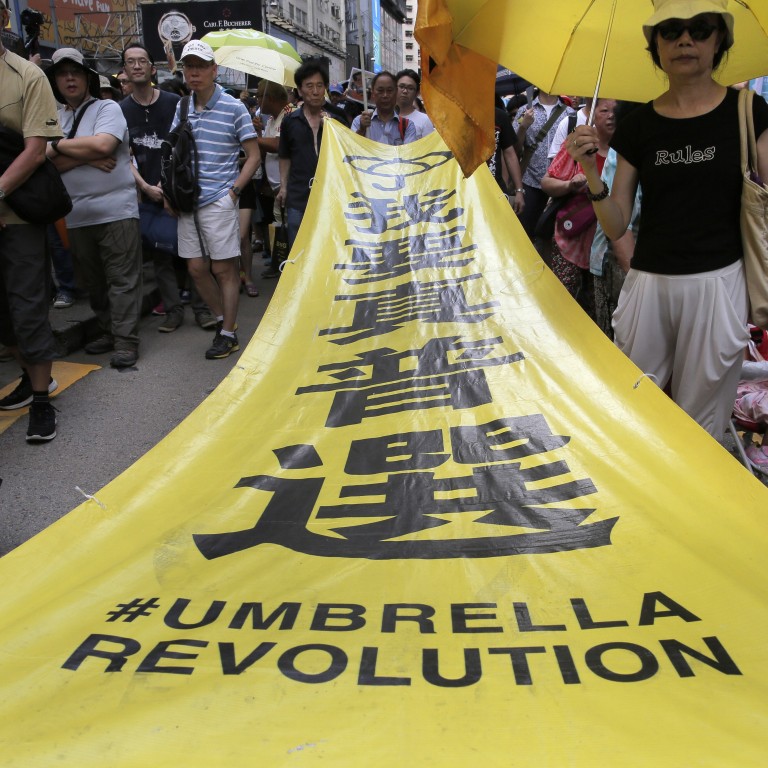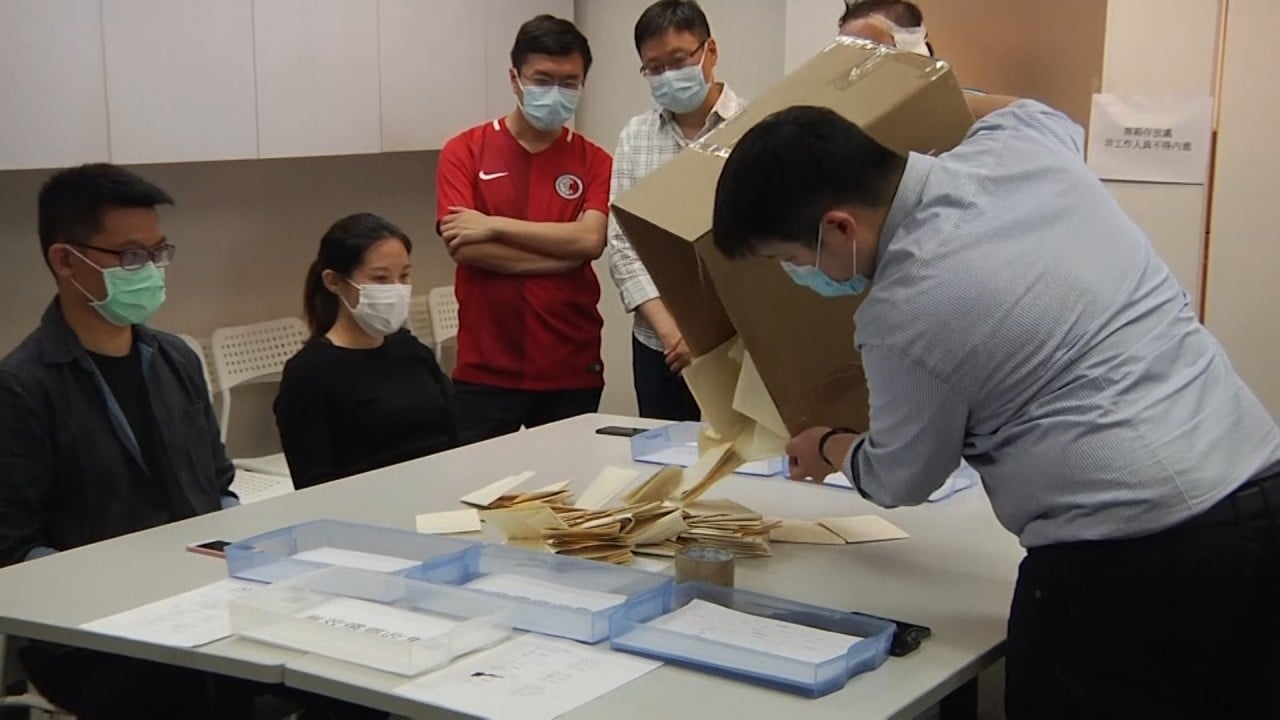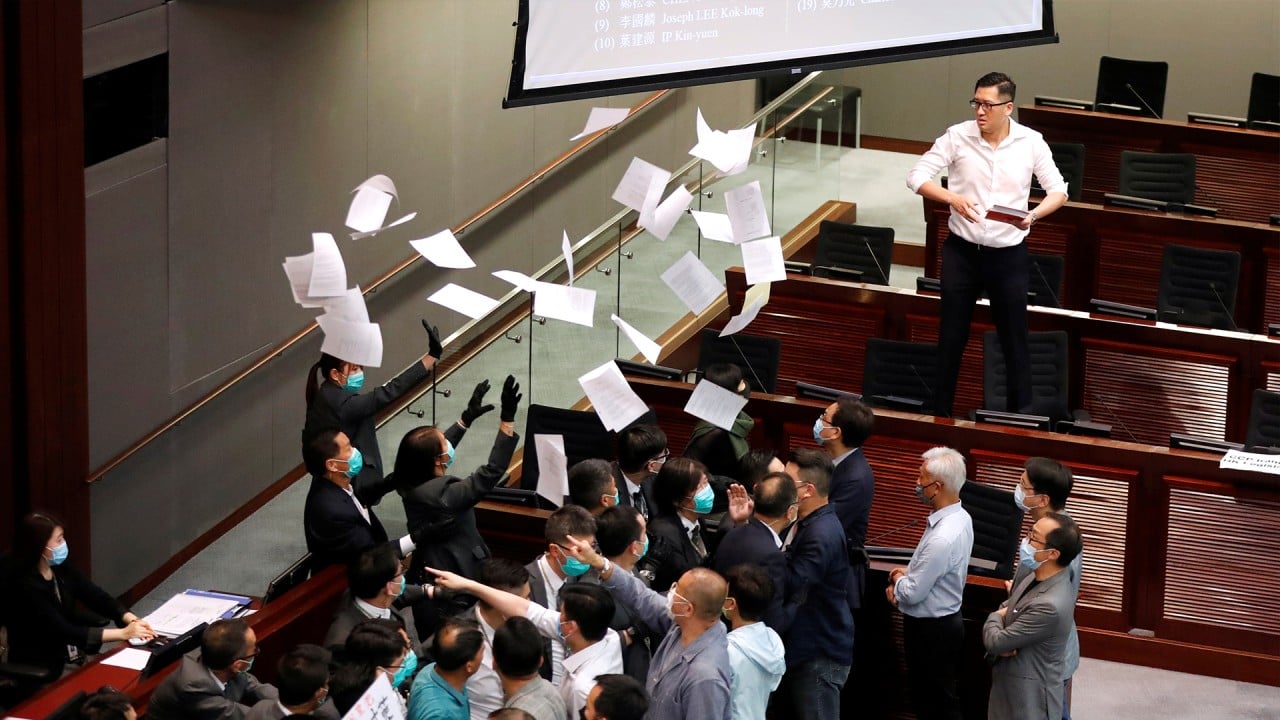
With national security law in place, Hong Kong’s centrists should now seek universal suffrage
- As both ends of the political spectrum wage an ideological war, centrists must articulate a cogent, progressive and reformist vision to fix the long-standing governance problems, and stand up for the city’s values
As the decades of disillusionment with the political establishment in Hong Kong came to a head over the past year, the room for centrism has seemed, at best, minimal. At worst, it appears to be a broken promise worshipped by a dwindling, deluded crowd.
Others have struggled under an electoral system that historically rewarded entrenched partisan polarisation – as opposed to the tepid rhetoric and seemingly ambiguous stances of centrists.
To tread the centrist line without succumbing to the pressures of joining the establishment or becoming a yes-man to the powers that be is inherently difficult. Centrist candidates flounder in elections favouring populist rhetoric and ideological grandstanding, and fuelled by established political and economic interests within the city.

02:07
More than 610,000 vote in Hong Kong’s pro-democracy opposition primary elections
Yet I do not believe centrism is dead. It is time for those keen to uphold Hong Kong’s core values and interests to stand for a renewed, dynamic brand of centrist politics.
First, while both ends of the spectrum are increasingly preoccupied with waging an ideological war on an outsize battleground, centrists must articulate a cogent, progressive and reformist vision that fixes Hong Kong’s long-standing governance problems.

03:04
Hong Kong pro-establishment lawmaker elected committee chair after scuffles at Legislative Council
Yet grandiose rhetoric and zealous political correctness could never truly empower the average Hong Kong citizen – the wet-market stall vendor, the student anxious about the high-strung education system, or the young teacher struggling to afford the mortgage of a tiny flat.
Centrists cannot shy away from politics; instead, they must identify fixes for Hong Kong that are amenable to all parties, playing a crucial role in persuading the entrenched powers that reform, not stagnation, is the only way forward.

02:19
Hong Kong national security law leaves ‘Lennon Walls’ in restaurants blank, protest posters out
Second, centrists serve as a critical buffer between East and West – two forces whose fusion have made Hong Kong the city it is. It is indisputable that Hong Kong is deeply divided – the pro-establishment camp views the political instability and disorder as signs of foreign interference, whereas democrats and radicals believe the city’s unique culture, values and norms are increasingly dissipating with its absorption into China.
This dwindling group of individuals – politicians, businesspeople and ordinary citizens – needs to convince those with genuine political power that these objectives can be achieved without upsetting Beijing’s baselines. Only then can Hong Kong stand a chance of weathering the impending cold war – and getting its mojo back.
Brian YS Wong is an MPhil (political theory) candidate at Wolfson College, Oxford, and current Rhodes Scholar-elect for Hong Kong in 2020

.png?itok=bcjjKRme&v=1692256346)